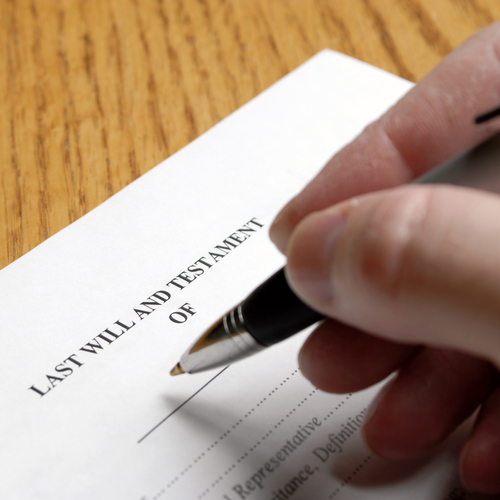HOMENEWS & INSIGHTS
7 essential clauses you need in your Will
Having a Will is an essential part of future-planning. It ensures that your chosen beneficiaries will be looked after and reduces the risk of disagreements between family members.
Find out below seven of the most important clauses to include in a Will.
Appoint your executors
You need to choose one or more executors to deal with the administration of your estate. If you are choosing two or more, you will need to ensure that they will be able to work well together. It is often a good idea to choose someone who is younger than you so that there is a good chance they will be able to deal with matters when the time comes.
Back-up executors can also be named. These are people who can take on the role if your original choice of executor is unwilling or unable to act.
Appoint guardians for minor children
If you have children under the age of 18 or who are not able to manage their own affairs, you can use your Will to name a guardian. If you do not name a guardian, then it would be down to the family courts to decide with whom they would live.
Set up a trust and appoint trustees
You may decide to set up a trust in your Will. For example, if you leave money to your children but do not want them to inherit until they are 25, the funds are put in trust until that time. Your Will can appoint trustees to manage the money in the meantime.
A trust may also be useful if you do not want a beneficiary to have a lump sum. This could be because you do not feel that they will spend it wisely or if they are disabled.
Trustees can be appointed and you can leave them directions to assist them in dealing with the distributions of the trust funds.
Pass on your personal effects
You can use your Will to pass on any personal possessions to individuals you would like to receive them. Alternatively, your Will can refer to a Letter of Wishes, which is a separate document that you can have drawn up to express your wishes in certain matters, including distribution of your personal effects. Using a separate Letter of Wishes means that you can make changes over time, should you need to.
Leave gifts to your beneficiaries
The main purpose of your Will is to pass on your wealth to your loved ones. You can leave them specified bequests, such as a property or a sum of money.
Leave your residuary estate
In your Will, you will name those whom you wish to receive your residuary estate and what share each of them will receive. Your residuary estate is that which is left after all liabilities have been paid and all other bequests taken into account.
If your financial circumstances change over time, you should review your Will to ensure that you still have the right balance between gifts and residuary estate. For example, if the value of your estate were to fall, your residuary beneficiaries might receive less than those receiving a specified sum, and this might not be what you want to happen.
Funeral wishes
Finally, it is open to you to include your funeral wishes in your Will or in a separate letter left with your Will. While these instructions will not be legally binding on your executors, it can be reassuring and helpful for those left behind to know what sort of service you wanted or whether you would choose a burial or cremation.
Contact us
If you would like further information please contact one of our Wills and Probate experts.
Share article
Our offices
Contact Us
5 Poole Road
Bournemouth
Dorset
BH2 5QL
Tel 01202 377800
9 Poole Road
Bournemouth
Dorset
BH2 5QR
01202 377800


